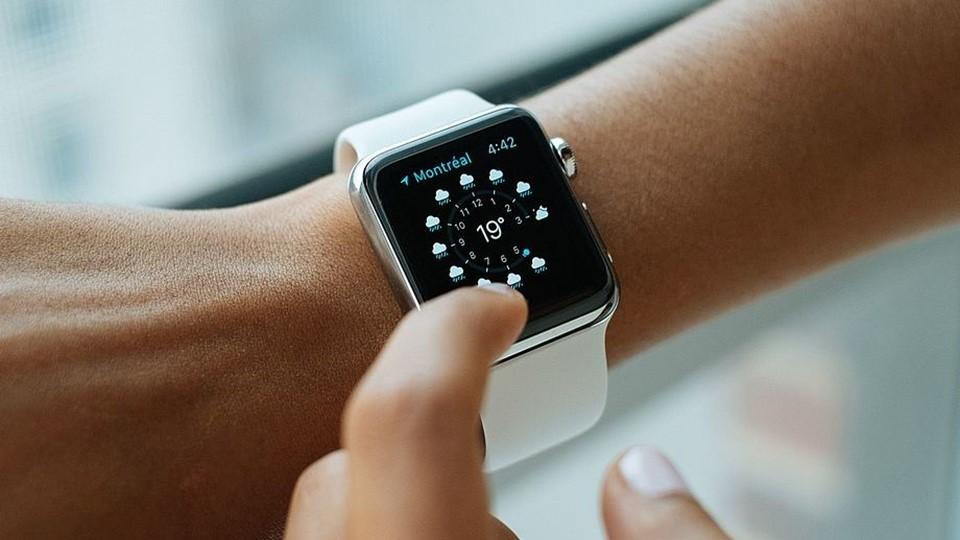Biogen shuts digital health unit and exits Apple alliance

Biogen has decided to close down its digital health unit, formed just two years ago, as part of a major cost-reduction drive that has already claimed thousands of jobs.
The decision – first reported by Stat citing Biogen’s head of corporate development, Adam Keeney – is not an exit from the digital health category, but an acknowledgement that Biogen will rely more heavily on external partnerships to fulfil its objectives in this area.
Among the immediate consequences of the retreat is the abandonment of a partnership with Apple set up in 2021 to develop digital biomarkers of cognitive health based on sensors in the Apple Watch and iPhone, according to the report.
The collaboration has revolved around the 23,000-subject Intuition study, which measured cognitive function using the Apple devices and just generated two-year data that was reported at this week’s DTx in Boston.
The study had been billed as a key element in Biogen’s push to improve the treatment of Alzheimer’s disease, tied to the recent approval of its Eisai-partnered therapy Leqembi (lecanemab), which needs to be given to people in the early stages of the disease.
Biogen’s head of cognitive & mental health sciences, Richard Hughes, gave an update at the meeting that showed the biomarkers were able to identify people developing cognitive symptoms, promising that plenty more insights from the data would be forthcoming.
A recent update on the clinicaltrials.gov database suggests that the study was completed on 19th September, a few days ahead of the Biogen announcement.
Biogen Digital Health was created in 2021 with a wide-ranging and ambitious remit to use digital technologies to transform the company and its interactions with health systems, with three locations in Boston, Zurich, and Paris employing around 150 team members.
The unit’s work spans four main areas, including the use of technology to improve R&D, developing digital tools for clinicians as well as patient-facing apps and wearables and digital therapeutics.
The dismantling of the unit is part of a much wider restructuring at Biogen that saw two major rounds of job cuts in 2022 and 2023, following the launch of Leqembi’s ill-fated predecessor Aduhelm (aducanumab), which was scuppered by reimbursement restrictions.
Aduhelm’s demise, and an expected slow take-up of Leqembi, came as the company’s longstanding multiple sclerosis franchise is being hit hard by generic competition and spinal muscular atrophy (SMA) treatment Spinraza (nusinersen), which has seen its growth stalled by rival therapies entering the market.
It is also in the midst of a planned $7.3 billion takeover of Reata Pharma, aimed at bolstering its product portfolio and pipeline.













